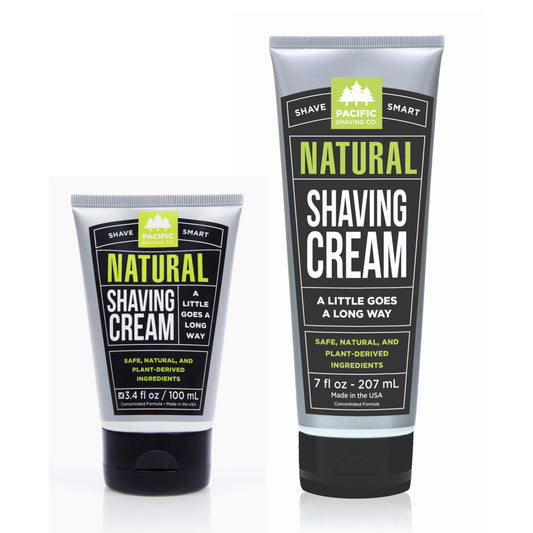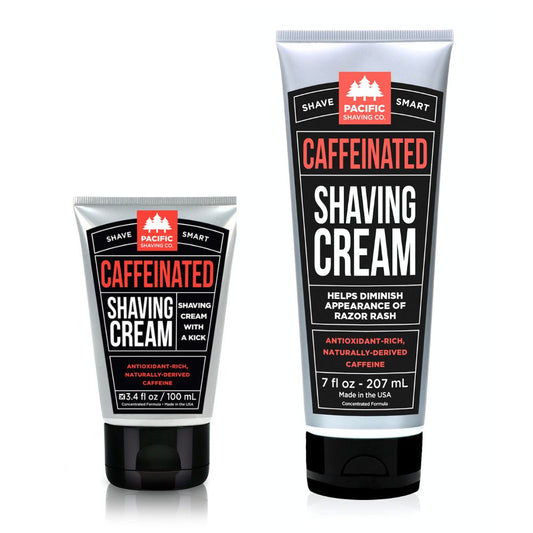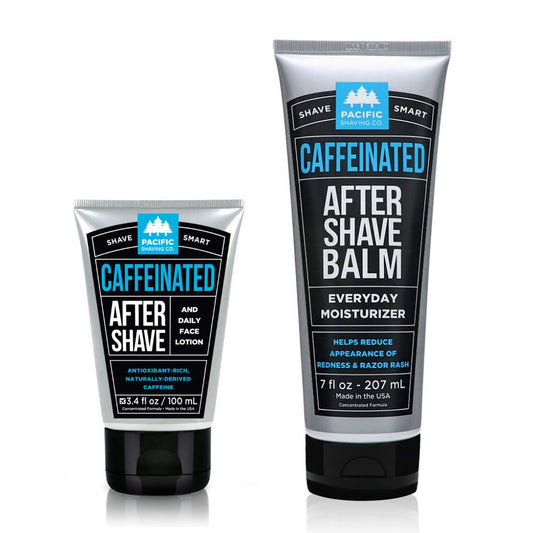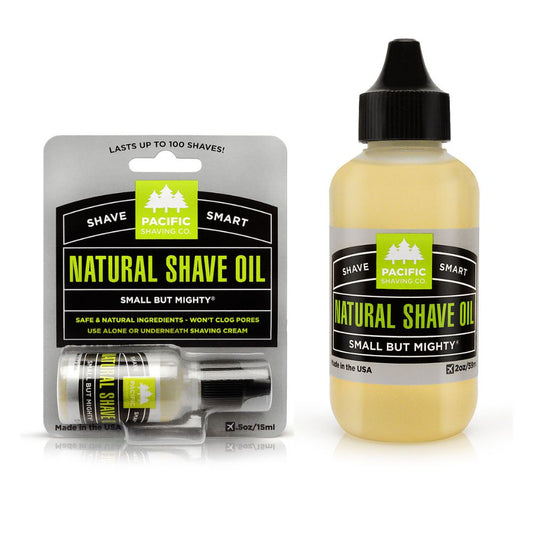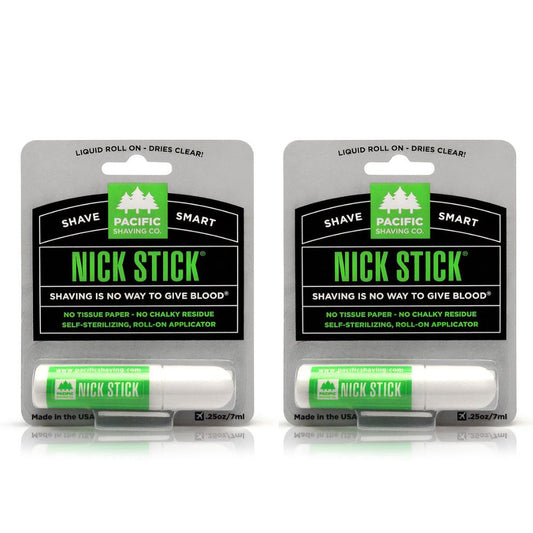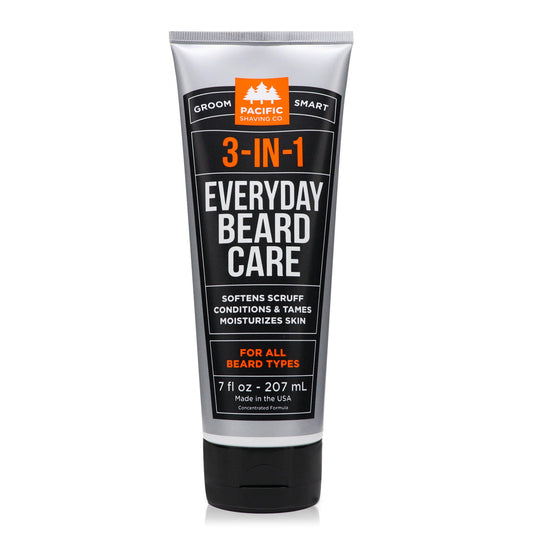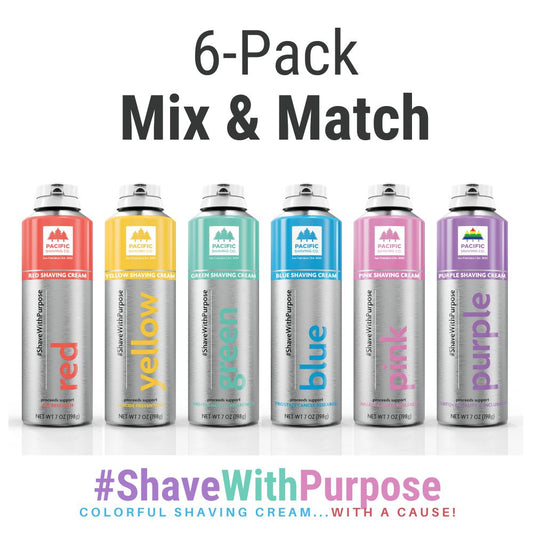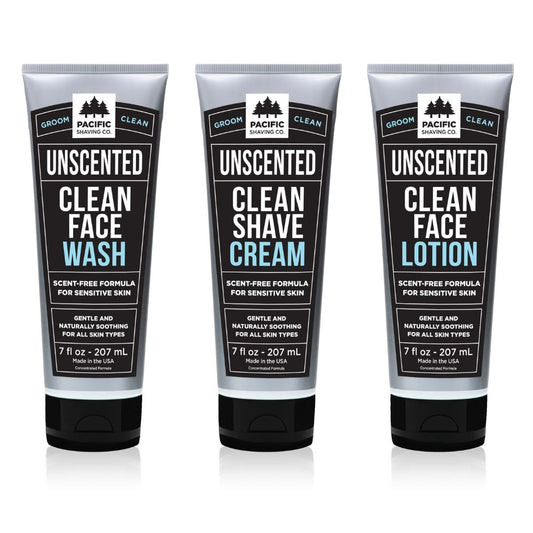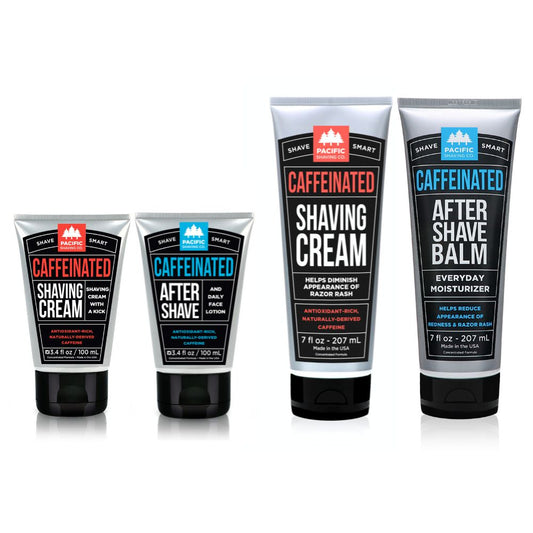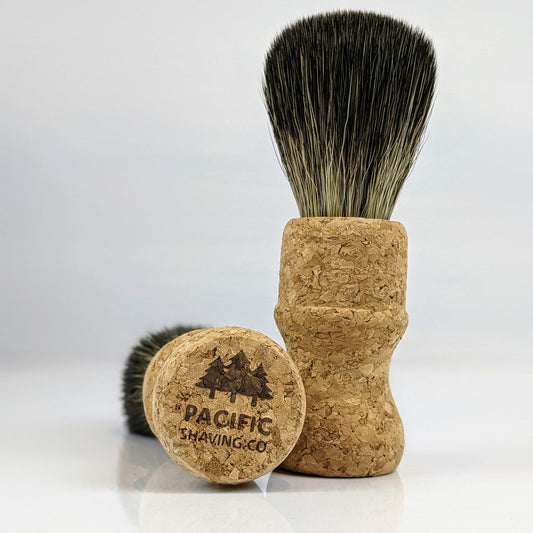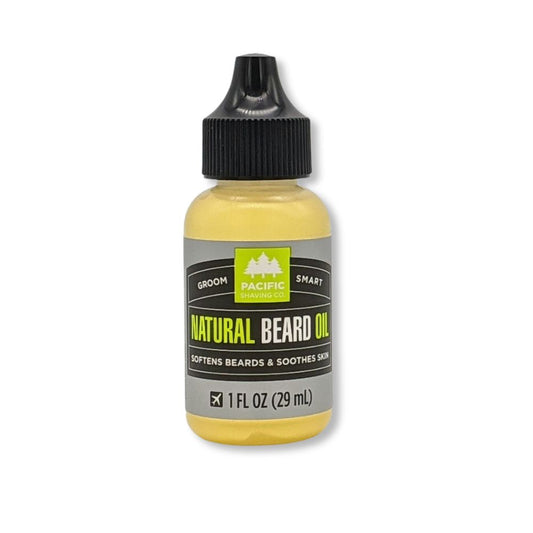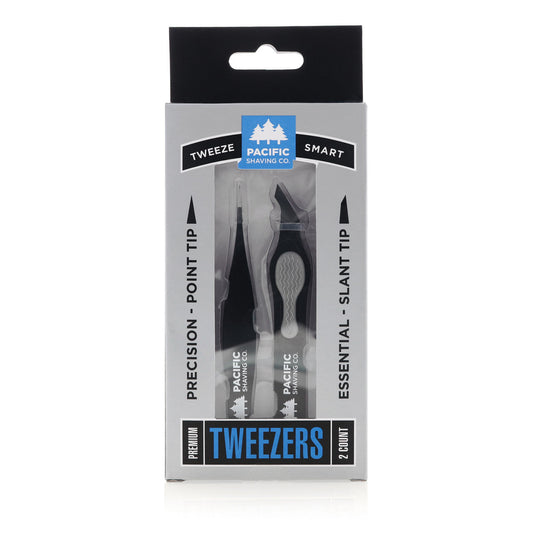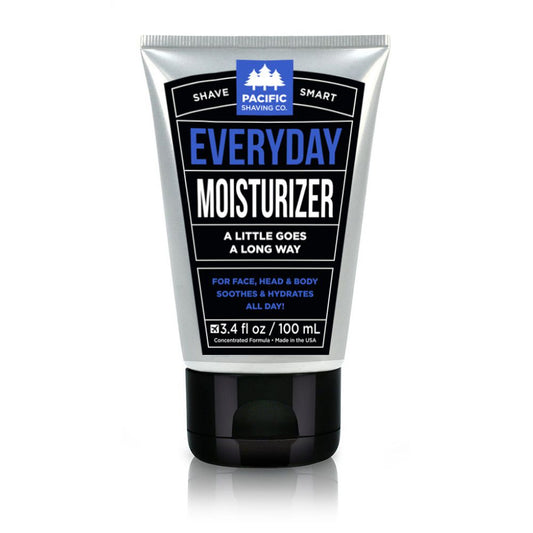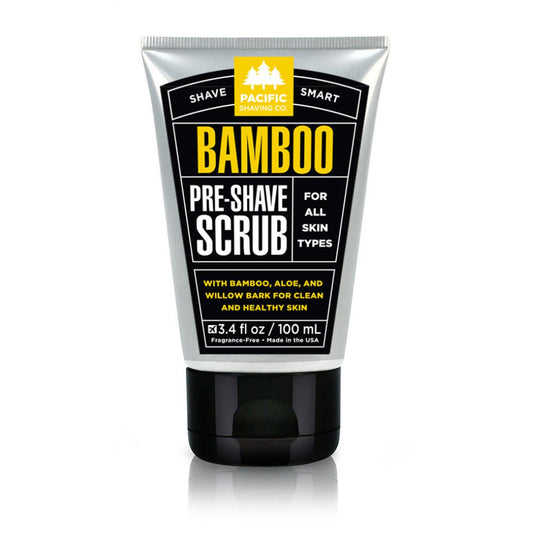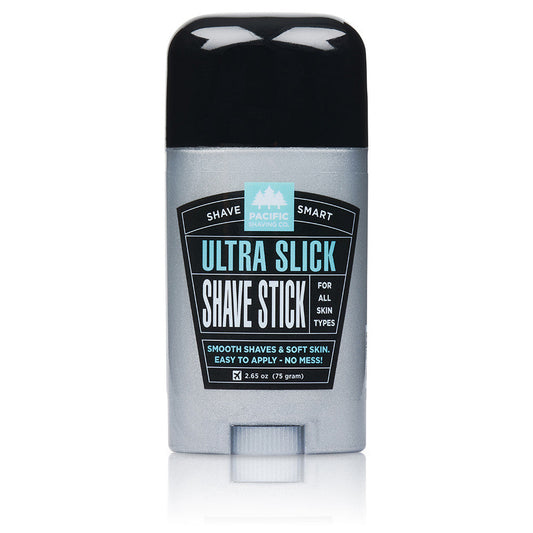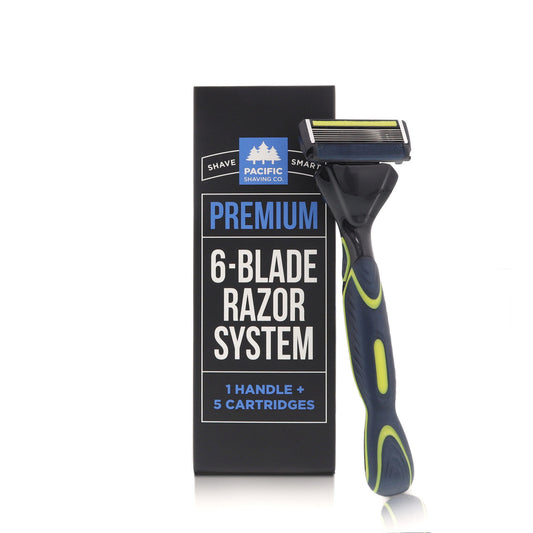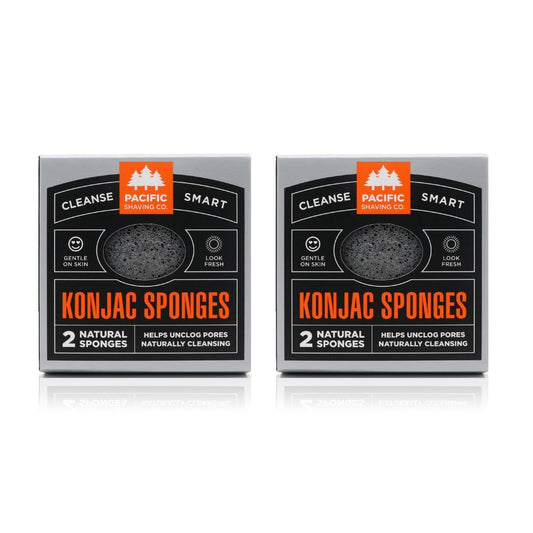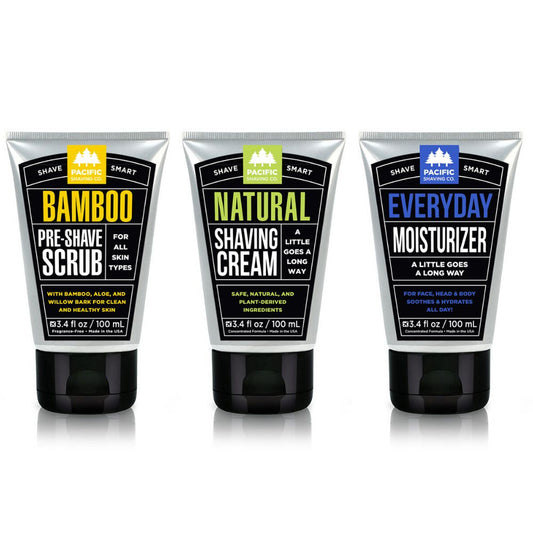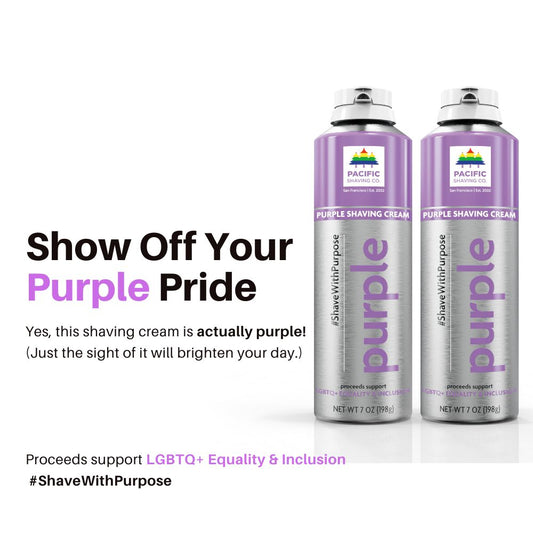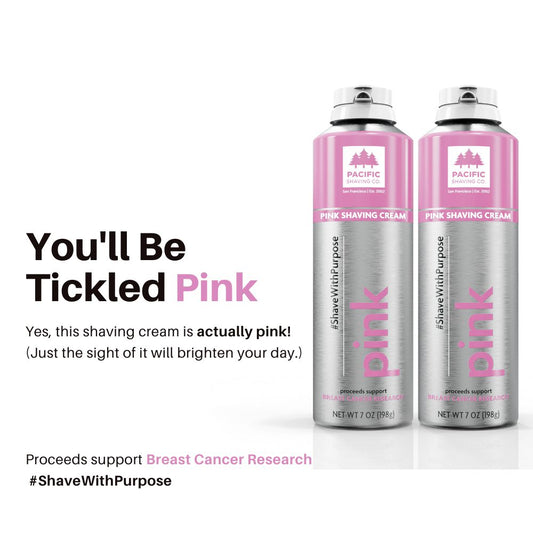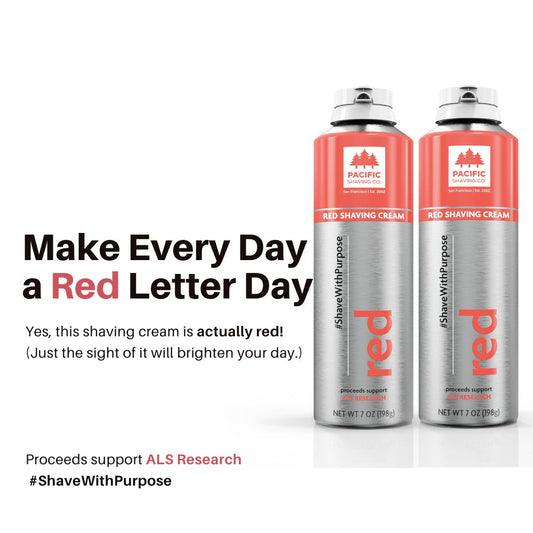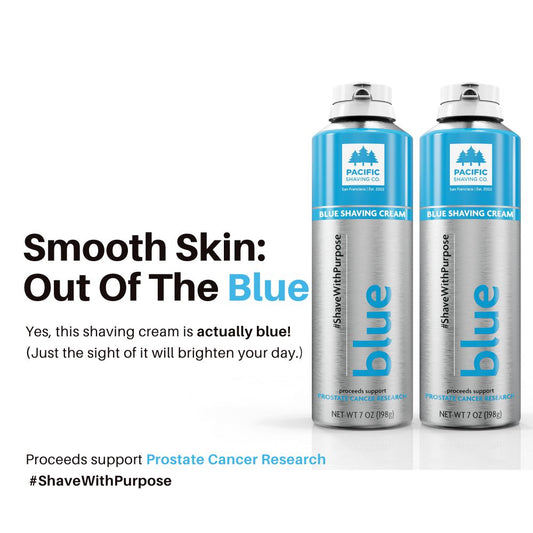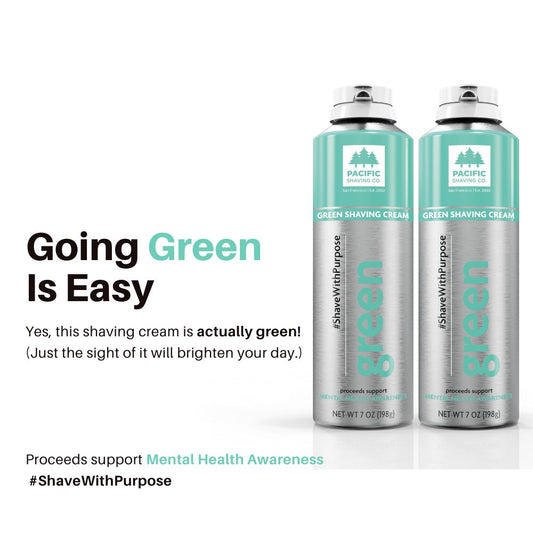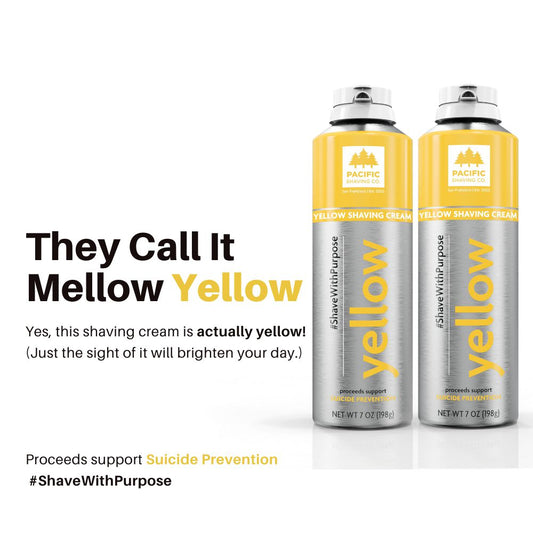Dealing with ingrown hairs can be both frustrating and uncomfortable. Whether you've just discovered an ingrown hair or have been battling with them for a while, the burning question is often, "Will ingrown hairs go away on their own?" In this blog post, we'll explore the causes of ingrown hairs, how to prevent them, and effective ways to manage and alleviate the discomfort.
Understanding Ingrown Hairs:
Ingrown hairs occur when a hair grows back into the skin instead of rising to the surface. This common condition can affect anyone, regardless of age or gender, and is often associated with hair removal methods such as shaving, waxing, or plucking. When the hair follicle becomes blocked with dead skin cells, the hair can't break through the surface, leading to an ingrown hair.
Will They Go Away on Their Own?
The answer to this question depends on various factors, including the severity of the ingrown hair and your overall approach to skincare. In many cases, mild ingrown hairs may resolve on their own over time as the hair naturally grows out. However, more severe cases may require intervention to prevent infection or scarring.
Prevention is Key:
The best way to deal with ingrown hairs is to prevent them from occurring in the first place. Here are some tips to help you minimize the risk:
1. Exfoliate Regularly:
Incorporate a gentle exfoliation routine into your skincare regimen to remove dead skin cells that can clog hair follicles. This helps the hair break through the surface more easily.
2. Proper Shaving Techniques:
If you shave, ensure you use a clean, sharp razor and shave in the direction of hair growth. Avoid pressing too hard, as this can contribute to ingrown hairs.
3. Hydrate Your Skin:
Keeping your skin well-hydrated can improve its overall health and reduce the likelihood of ingrown hairs. Use a moisturizer that suits your skin type regularly.
4. Consider Hair Removal Alternatives:
Explore alternative hair removal methods such as laser hair removal or depilatory creams, which may be less likely to cause ingrown hairs.
Managing Ingrown Hairs:
If you already have ingrown hairs, don't fret. There are several effective ways to manage and alleviate the discomfort:
1. Warm Compress:
Apply a warm compress to the affected area to soften the skin and encourage the hair to break through. This can help reduce inflammation and pain associated with ingrown hairs.
2. Topical Treatments:
Over-the-counter creams containing ingredients like salicylic acid or glycolic acid can help exfoliate the skin and promote the release of trapped hairs.
3. Avoid Picking:
Resist the temptation to pick or scratch at ingrown hairs, as this can lead to infection and scarring. Instead, allow the hair to grow out naturally.
4. Professional Extraction:
In more severe cases, consider seeking professional help. Dermatologists or estheticians can safely extract ingrown hairs, reducing the risk of complications.
When to Seek Medical Attention:
While most ingrown hairs can be managed at home, certain signs may indicate a need for medical attention:
- Persistent Infection: If the ingrown hair becomes infected, characterized by increased redness, swelling, and discharge, consult a healthcare professional.
- Large or Painful Bumps: If the ingrown hair forms a large, painful bump, a healthcare provider can offer guidance on safe extraction.
Conclusion:
In conclusion, ingrown hairs can be a bothersome issue, but with the right approach, they can be effectively managed and prevented. Consistent exfoliation, proper hair removal techniques, and timely intervention can make a significant difference. While mild cases may resolve on their own, it's essential to be proactive in your skincare routine to minimize the risk of ingrown hairs and promote overall skin health. If in doubt or facing persistent issues, don't hesitate to seek professional advice for tailored solutions.


